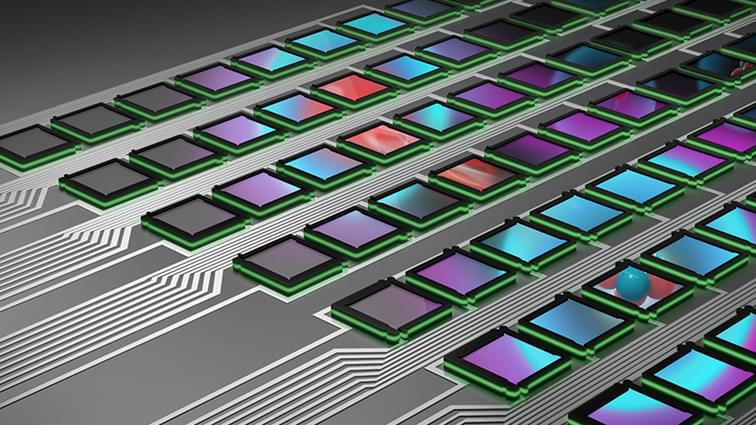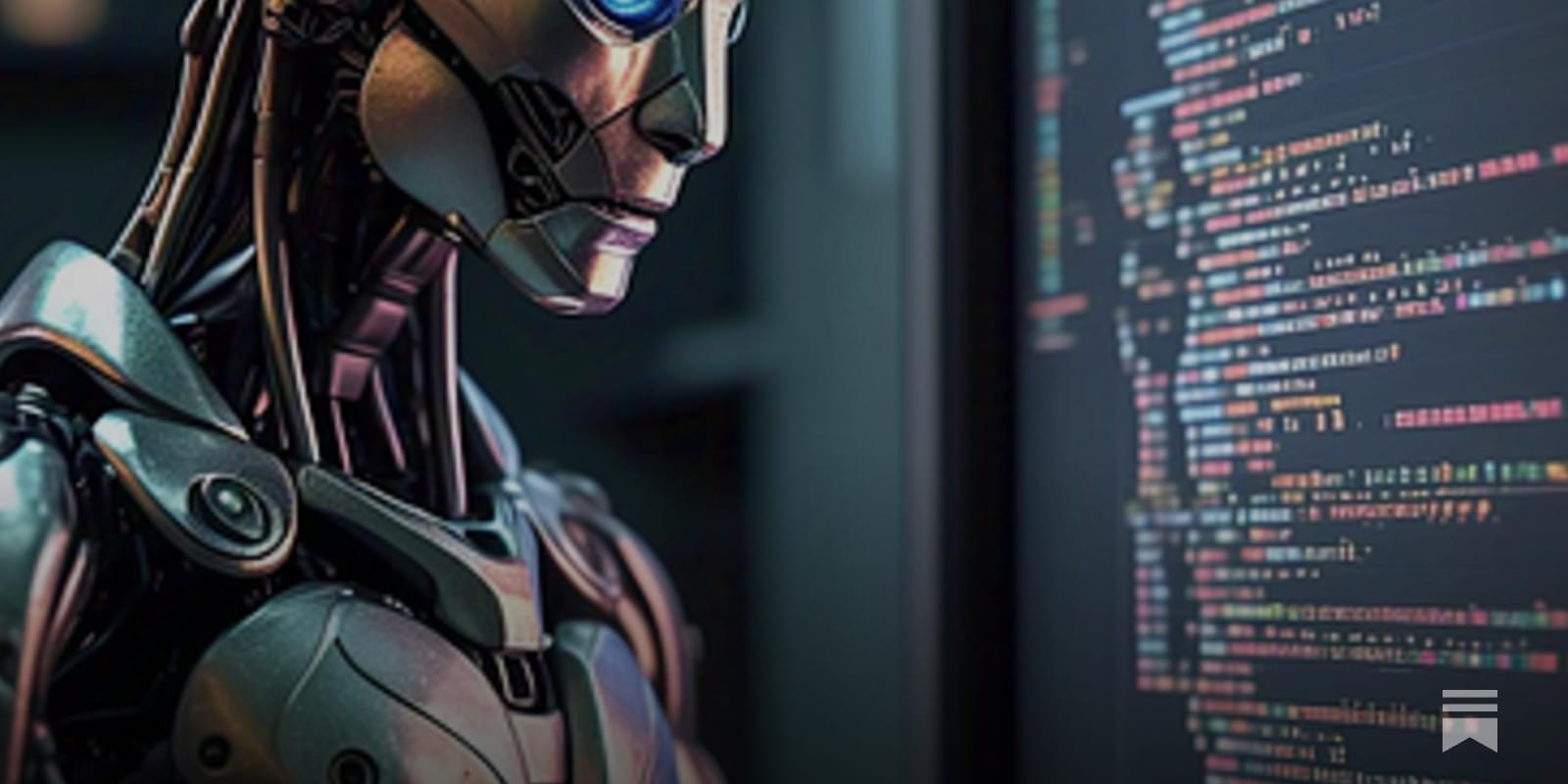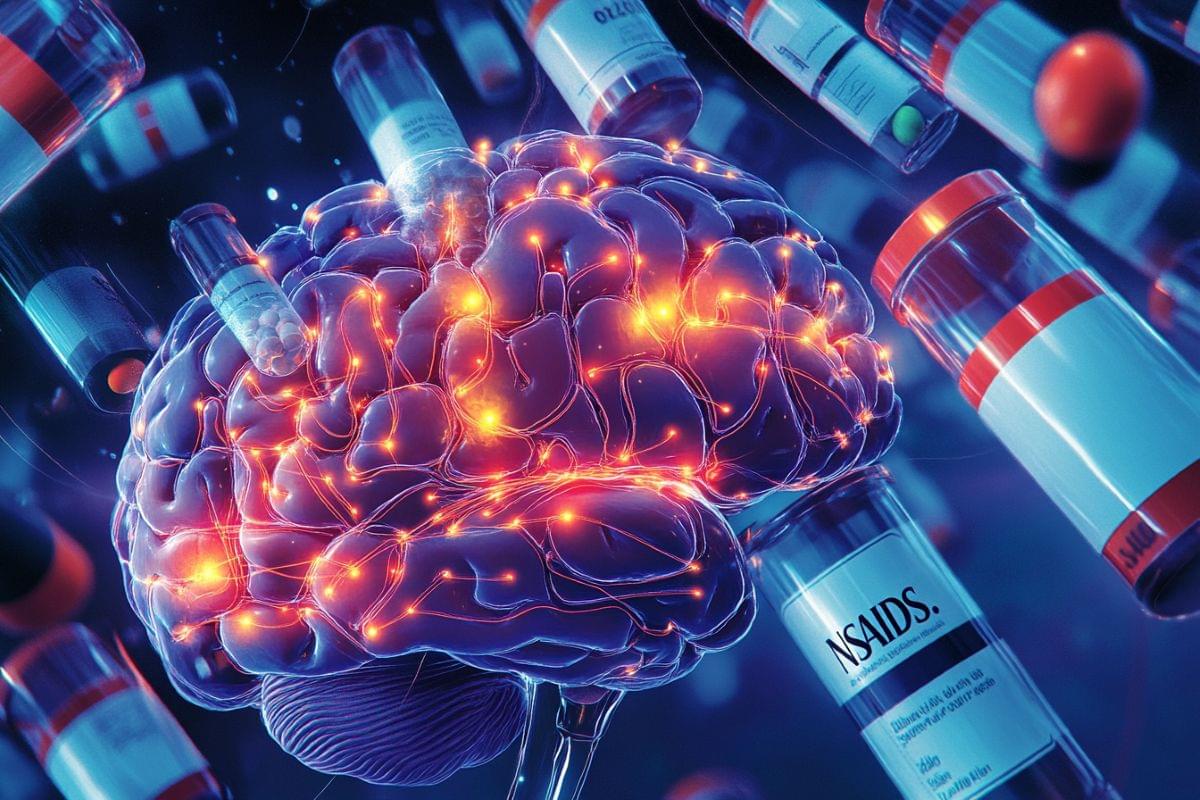In today’s AI news, Investor interest in AI coding assistants is exploding. Anysphere, the developer of AI-powered coding assistant Cursor, is in talks with venture capitalists to raise capital at a valuation of nearly $10 billion, Bloomberg reported. The round, if it transpires, would come about three months after Anysphere completed its previous fundraise of $100 million at a pre-money valuation of $2.5 billion.
And, there’s a new voice model in town, and it’s called Sesame. As he so often does, John Werner got a lot of information on this new technology from Nathaniel Whittemore at AI Daily Brief, where he covered interest in this conversational AI. Quoting Deedy Das of Menlo Ventures calling Sesame “the GPT-3 moment for voice,” Whittemore talked about what he called an “incredible explosion” of voice-based models happening now.
In other advancements, along with the new M4 MacBook Pro series Apple is releasing, the company is also quite proud of the new Mac mini. The Mac mini is arguably the more radical of the two. Apple’s diminutive computer has now received its first major design overhaul in 13 years. And this new tiny computer is the perfect machine for experimenting with and learning AI.
S biggest defense tech startups by valuation, raising $240 million at a $5.3 billion valuation in its latest round. Shield AI, the San Diego defense tech startup that builds drones and other AI-powered military systems, has raised a $240 million round at a $5.3 billion valuation, it announced today.” + In videos, while he hardly needs an introduction, few leaders have shaped the future of technology quite like Satya Nadella. He stepped into Microsoft’s top job at a catalytic moment—making bold bets on the cloud, embedding AI into the fabric of computing, all while staying true to Microsoft’s vision of becoming a “software factory.”
T just think, it delivers results. Manus excels at various tasks in work and life, getting everything done while you rest. + Then, join Boris Starkov and Anton Pidkuiko, the developers behind GibberLink, for a fireside chat with Luke Harries from ElevenLabs. On February 24, Georgi Gerganov, the creator of the GGwave protocol, showcased their demo at the ElevenLabs London hackathon on X, garnering attention from around the world—including Forbes, TechCrunch, and the entire developer community.
We close out with, Sam Witteveen looking at the latest release from Mistral AI, which is their Mistral OCR model. He looks at how it works and how it compares to other models, as well as how you can get started using it with code.
Thats all for today, but AI is moving fast — subscribe and follow for more Neural News.



